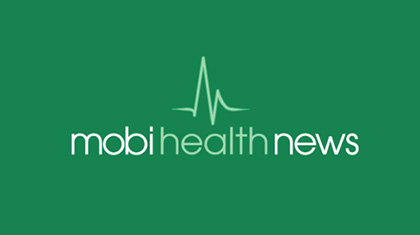
Beth Israel Deaconess Medical Center in Boston now has five years of data on what happens when patients have access to their doctor’s notes. And from that data, it appears that not only is the arrangement beneficial to patients, but also to doctors — and to the accuracy and quality of the notes.
Researchers at the hospital, led by Dr. Sigall Bell, an assistant professor of medicine at Harvard Medical School, recently published a study in The Joint Commission Journal on Quality and Patient Safety looking back at five years of notes, encompassing 100 doctors and more than 2,000 patients.
“In many common safety categories, it appears that having the patient’s or an informal caregiver’s eyes on clinical notes can help ensure care is safer,” Bell said in a statement. “Doctors review hundreds or thousands of charts; patients review one: their own. OpenNotes may have a unique role in connecting patients and clinicians in the space between visits.”
In particular, she said, patients helped doctors catch medication errors and remember next steps. Having access to notes improved patients’ adherence to treatment plans, improved care coordination, and helped some patients to get diagnosed more quickly.
Read Jonah Comstock’s post here!



